Detox cleansing is a crucial process for individuals looking to cleanse their bodies from harmful toxins. However, what many people may not realize is the significant role that nursing considerations play in ensuring a safe and successful detox journey. From monitoring vital signs and providing emotional support to administering medication and educating patients on post-detox care, nurses are essential in guiding patients through this transformative experience. In this article, we will explore the importance of nursing considerations and the vital role they play in detox cleansing, ultimately highlighting the crucial relationship between nurses and patients during this transformative process.
Nursing Considerations in Detox Cleansing
Detox cleansing plays a crucial role in helping individuals overcome substance abuse and achieve long-term recovery. As a nurse, your role in the detoxification process is of utmost importance, as you provide critical care and support to patients during this challenging journey. Through careful assessment, monitoring, and interdisciplinary collaboration, you can contribute significantly to enhancing patient outcomes and minimizing risks and complications.
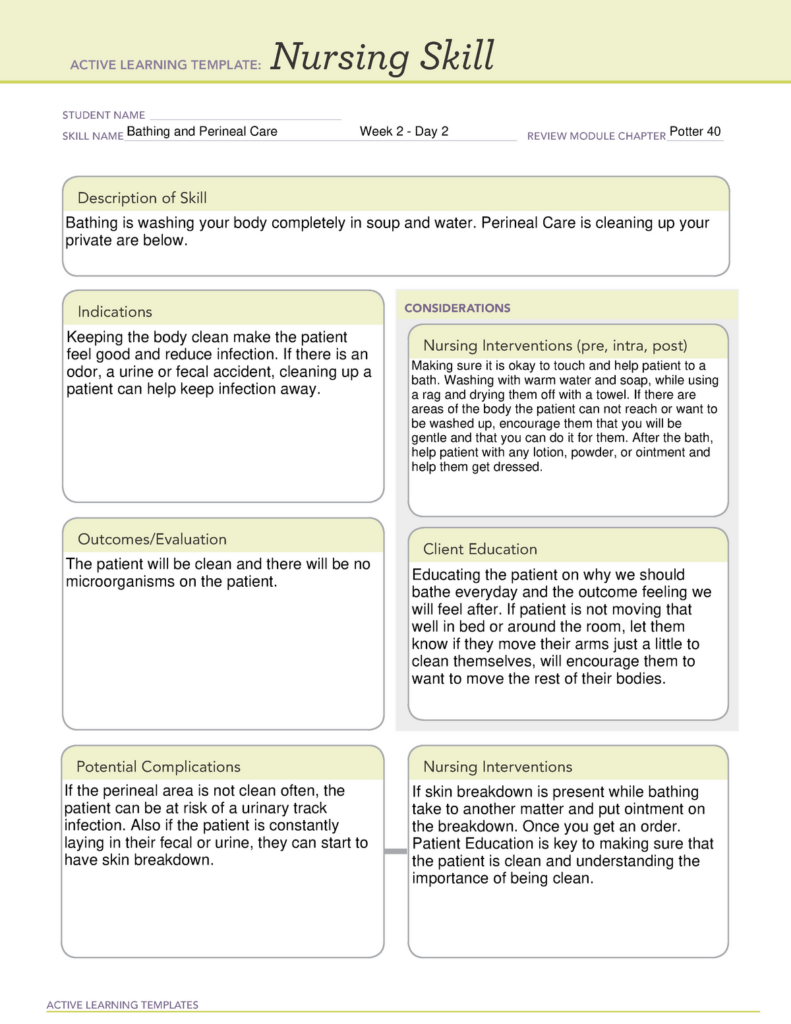
Importance of Nursing Considerations
The nursing considerations in detox cleansing are vital for several reasons. Firstly, your expertise and knowledge play a pivotal role in ensuring the safety and well-being of patients throughout the detoxification process. Secondly, your understanding of the physiological and psychological aspects of withdrawal enables you to provide comprehensive care tailored to the individual needs of each patient. Lastly, your continuous support and engagement with patients foster a trusting and empathetic environment, which is essential for their successful detoxification journey.
Assessment of Patient’s Medical History
One of the initial steps in nursing considerations is a thorough assessment of the patient’s medical history. Documenting the substance abuse history provides essential information regarding the type and duration of substance use, as well as any previous detoxification experiences. This understanding allows you to tailor the detoxification process to the patient’s specific needs and anticipate potential challenges. Additionally, identifying co-existing medical conditions and assessing allergies and sensitivities helps prevent adverse reactions to medications and ensures patient safety.
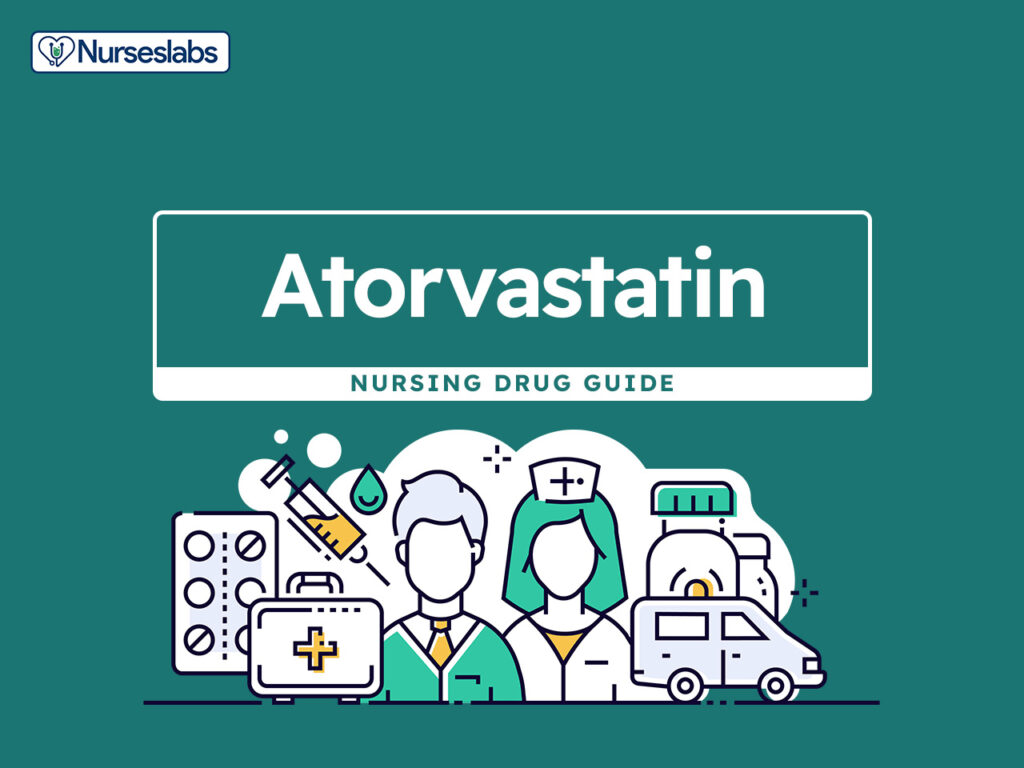
Evaluation of Patient’s Physical and Mental Well-being
To provide comprehensive care, it is crucial to evaluate both the patient’s physical and mental well-being. Conducting a physical assessment allows you to identify any underlying medical conditions or complications that may require immediate attention. Additionally, a mental health assessment helps determine the patient’s emotional state, presence of co-occurring mental health disorders, and baseline functioning. This holistic evaluation serves as a foundation for personalized care and enables you to address any physical or psychological symptoms effectively.
Monitoring Vital Signs and Withdrawal Symptoms
During the detoxification process, monitoring the patient’s vital signs and withdrawal symptoms is a critical nursing consideration. Regular assessments of vital signs, such as blood pressure, heart rate, respiratory rate, and temperature, help detect any abnormalities or signs of distress. Moreover, careful observation of withdrawal symptoms, such as tremors, sweating, insomnia, and anxiety, allows for timely intervention. It is crucial to recognize and respond promptly to severe withdrawal reactions that may require immediate medical attention, such as seizures or delirium tremens.
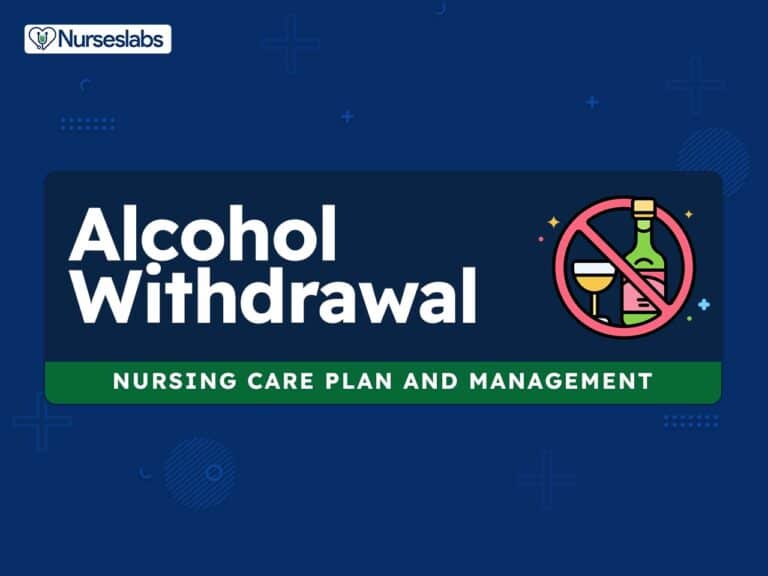
Administering Medications Appropriately
In detox cleansing, medications play a vital role in managing withdrawal symptoms and preventing potential complications. As a nurse, you must stay knowledgeable about the appropriate detoxification medications and their administration protocols. Prescribing detoxification medications, such as benzodiazepines for alcohol withdrawal or buprenorphine for opioid withdrawal, requires a thorough understanding of the patient’s medical history and withdrawal severity. Administering medications as per protocol ensures optimal effectiveness and minimizes potential side effects. By monitoring medication efficacy and side effects, you can adjust treatment plans accordingly to maximize patient comfort and safety.
Implementing Nutritional Support
Proper nutrition is essential during detox cleansing to support the physiological healing process and replenish any nutrient deficiencies caused by substance abuse. Evaluating the patient’s nutritional status enables you to identify and address any specific dietary needs or deficiencies. Through the development of individualized meal plans, in collaboration with dietitians, you can ensure patients receive balanced and nutritious meals that aid in their recovery. Additionally, supplementation of essential nutrients, such as vitamins and minerals, may be necessary to support the healing process and mitigate any long-term consequences of nutritional imbalances.
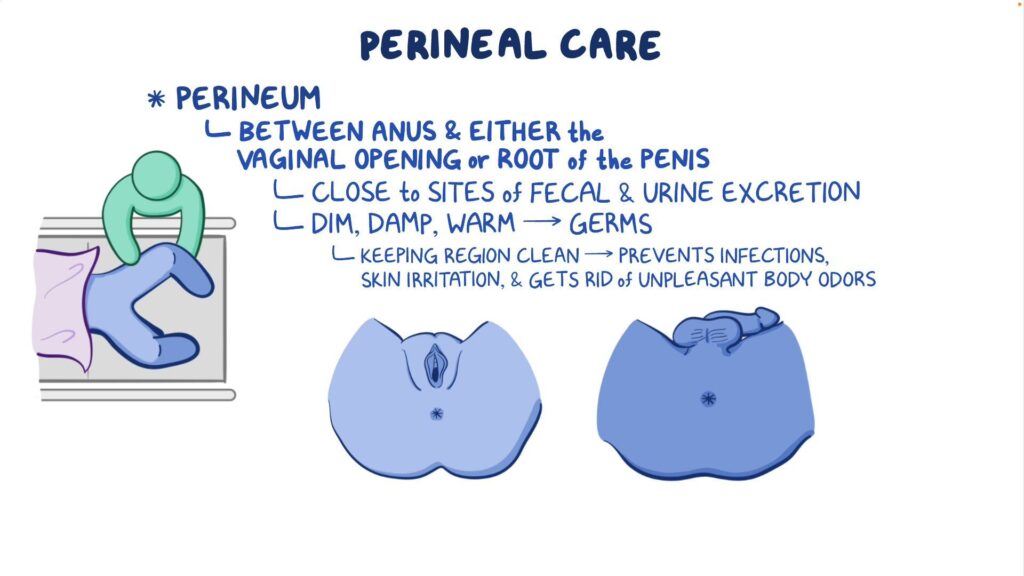
Providing Emotional Support and Counseling
Emotional support and counseling are integral components of nursing considerations in detox cleansing. Building trust and rapport with patients creates a safe and supportive environment that fosters open communication and collaboration. Engaging in a psychosocial assessment helps identify any underlying emotional or mental health struggles that may hinder the patient’s recovery journey. By demonstrating empathy and active listening, you can create a therapeutic alliance and provide patients with a space to explore their feelings and challenges. The utilization of cognitive-behavioral therapy techniques, such as cognitive restructuring and coping skills training, can enhance patients’ emotional well-being and equip them with effective strategies to manage cravings and triggers.
Promoting Safety and Preventing Hazards
As a nurse, promoting safety and preventing hazards is a top priority in detox cleansing. Ensuring a secure environment free from potential harms, such as access to substances or unsafe objects, is essential for patient well-being. Preventing self-harm and harm to others requires constant vigilance and the implementation of appropriate safety measures, such as supervised activities and regular room checks. Conducting suicide risk assessments helps identify individuals who may be at heightened risk and allows for the implementation of necessary interventions and close monitoring. Fall prevention measures, such as clear pathways, non-slip surfaces, and assistive devices, are also crucial to protect the patient from any accidents or injuries.
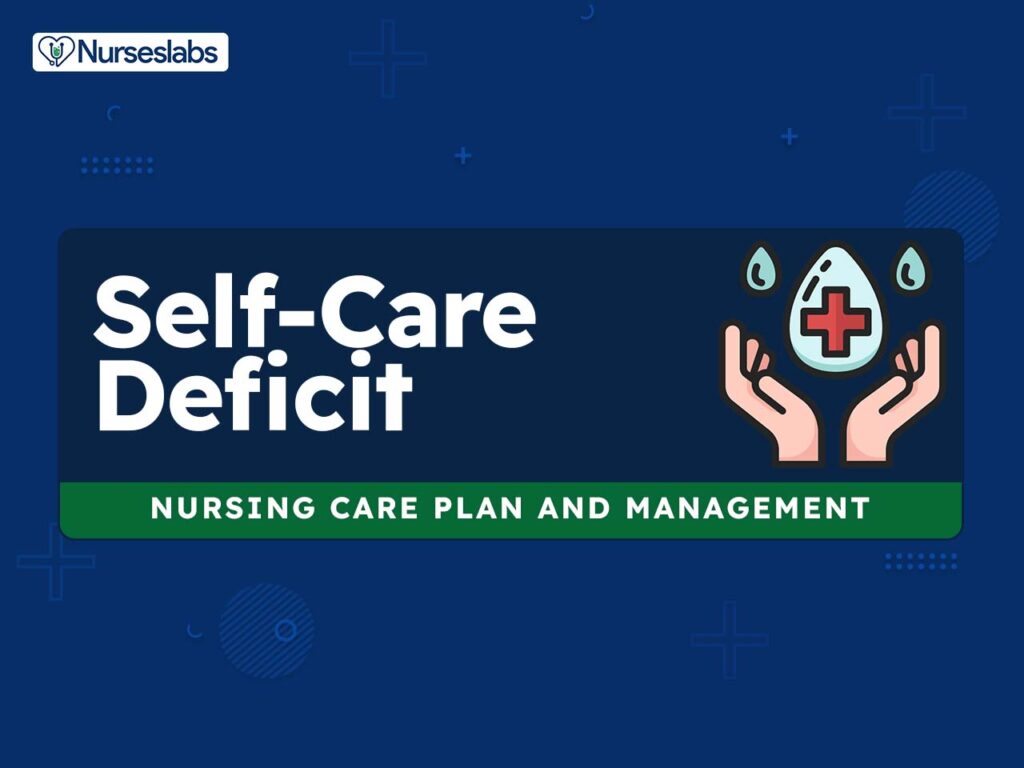
Collaborating with Multidisciplinary Team
Collaboration with a multidisciplinary team is crucial to facilitate comprehensive care and enhance patient outcomes. Nurses play a pivotal role in coordinating care between various healthcare professionals, such as physicians, psychologists, social workers, and pharmacists. Regular communication and sharing of patient information help ensure a holistic approach to detox cleansing, addressing both physical and emotional needs. Collaborative care planning and decision-making contribute to a seamless and effective detoxification process, promoting long-term recovery.
Ensuring Continuity of Care
Nursing considerations do not conclude with the completion of detox cleansing. Ensuring continuity of care is crucial to support patients in their transition to the next phase of their recovery journey. Planning for the post-detoxification phase involves arranging follow-up appointments, referrals to rehabilitative services, and the provision of ongoing support and interventions. By establishing a link between detoxification and further rehabilitation, you contribute to patients’ long-term success and help them maintain their sobriety.
In conclusion, nursing considerations in detox cleansing are vital for enhancing patient outcomes, minimizing risks and complications, and fostering a supportive and safe environment. Through comprehensive assessment, careful monitoring, appropriate medication administration, nutritional support, emotional counseling, safety promotion, multidisciplinary collaboration, and continuity of care, nurses play an integral role in the detoxification process. Your dedication and expertise contribute significantly to patients’ successful recovery from substance abuse and their journey towards a healthier and substance-free life.